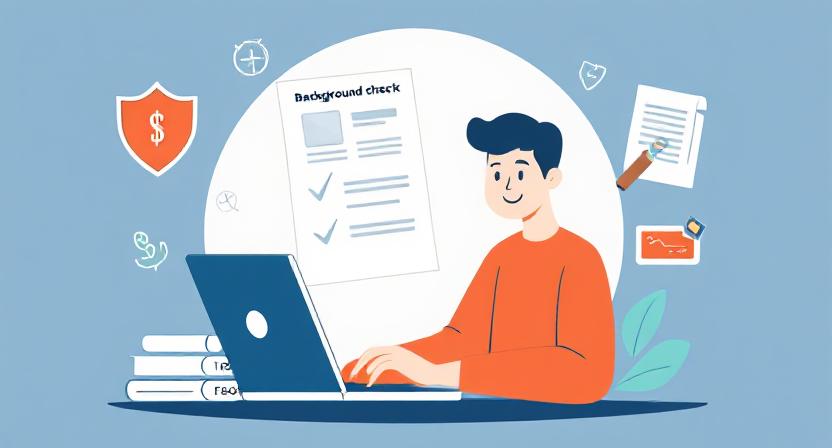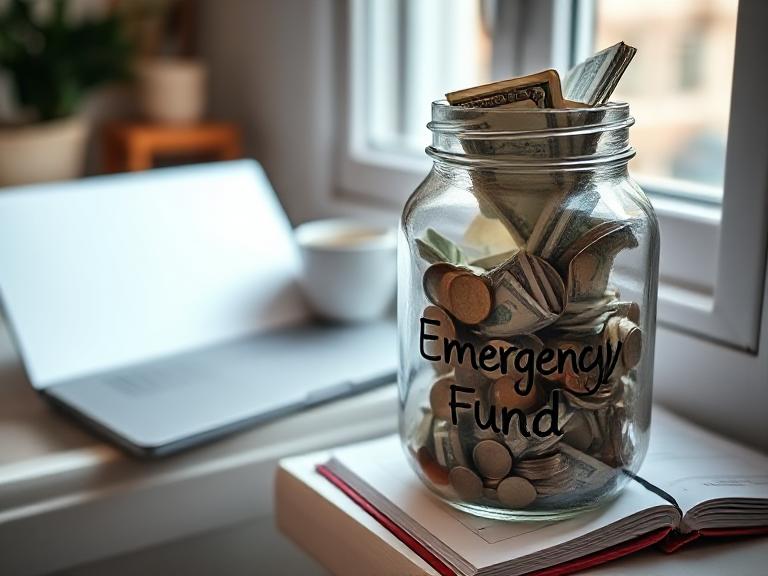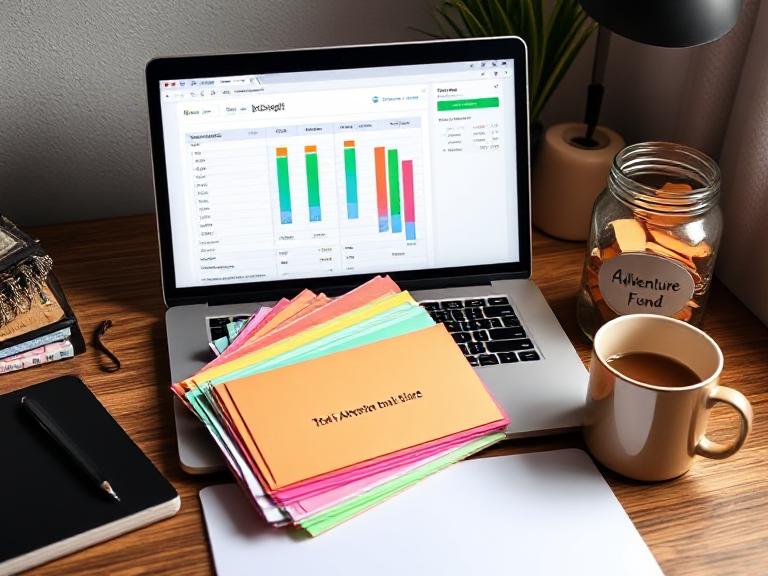Let’s face it — in today’s world, trusting someone blindly just isn’t smart. Whether you’re hiring a freelancer for your growing online business, screening a tenant for your rental property, or considering a new business partner, one thing is clear: knowing who you’re dealing with matters.
That’s where background checks come in.
Think of a background check as your personal safety net. It helps you make informed decisions, avoid scams, and protect your finances, time, and peace of mind. But here’s the thing — many people still think background checks are only for big companies or legal investigations. The truth? They’re a practical tool that anyone can use.
In this article, we’re going to break down everything you need to know about background checks — what they are, how they work, when to use them, and how to stay ethical and legal in the process. By the end, you’ll feel confident using background checks to protect your business, your money, and your future.
What Is a Background Check?
A background check is a process of gathering and reviewing someone’s personal, professional, legal, or financial history. It helps verify whether the information they’ve shared is accurate and whether there’s anything in their past that might raise concerns.
In short, it helps you answer one key question: Can I trust this person?
Background checks can uncover:
- Past criminal records
- Credit history and financial behavior
- Employment and education verification
- Identity confirmation
- Social media activity or public behavior
- References and past relationships
They don’t tell you everything, but they provide a solid starting point to make more confident decisions — especially when money, property, or business is involved.
Why Are Background Checks Important?
Let’s say you’re starting an online shop and hiring someone to manage your customer emails and payments. Or maybe you’re renting your apartment to a new tenant. Wouldn’t you want to know if they’ve been reliable, responsible, and honest in the past?
A background check helps protect you from:
- Fraud or deception
- Financial loss
- Property damage
- Legal complications
- Reputation risks
Real-Life Scenarios:
- You hire a virtual assistant overseas who turns out to have faked their resume and mishandled customer payments.
- You rent a property to someone with a long history of evictions and missed payments.
- You enter a business partnership with someone who’s currently under investigation for financial fraud.
A simple background check could help you avoid all of these. It’s not about being overly suspicious — it’s about being smart.
Different Types of Background Checks
Not all background checks are the same. Depending on your needs, you might look into just one or a combination of these:
1. Criminal History Check
Checks for any arrests, charges, or convictions. Crucial if you’re working with someone who’ll handle money, property, or sensitive data.
2. Credit Report Check
Reveals credit scores, debts, late payments, bankruptcies, and more. Especially useful when:
- Screening tenants
- Choosing a financial partner
- Hiring someone to manage your finances
3. Employment & Education Verification
Validates whether someone truly worked at or studied where they claim. It’s common for resumes to be “embellished” — so this helps separate fact from fiction.
4. Identity Verification
Confirms that someone’s name, date of birth, and identification documents are legit. A must when dealing with international hires or freelancers.
5. Reference Checks
Talking to former employers, coworkers, landlords, or clients gives you real-world insights into a person’s behavior and professionalism.
6. Social Media Screening
Reviewing public profiles to spot red flags (hate speech, extreme behavior, or unprofessional conduct). More businesses and landlords are starting to include this in their checks.
When Should You Run a Background Check?
You don’t need to run a background check on everyone you meet. But here are situations where it’s definitely worth the effort:
✅ Hiring Freelancers or Contractors
If they’ll handle your customers, finances, or represent your brand — do your homework first.
✅ Renting Out Property
One bad tenant can cost you thousands in repairs or missed rent. Always screen thoroughly.
✅ Launching a Business With Someone
Before you share profits, passwords, or legal responsibility, know who your partner really is.
✅ Hiring for Remote or Virtual Jobs
Even if someone is halfway across the world, you can still verify their history and experience.
✅ Letting Someone Access Personal Data
Anyone working with client data, payment systems, or company accounts should be carefully vetted.
How to Run a Background Check (Without Breaking the Law)
Running a background check is easier than ever — but there are rules you must follow to stay legal and respectful.
Step 1: Get Permission
Always ask for written consent. In many countries, it’s illegal to run a background check without it — especially if you’re checking credit or criminal history.
Step 2: Choose the Right Background Check Service
Some trustworthy platforms include:
- Checkr
- GoodHire
- Sterling
- TruthFinder
- BeenVerified
- HireRight
These services range from quick identity checks to full criminal, credit, and employment history reports. Most give results in a few days or less.
Step 3: Know What You’re Looking For
Don’t just run a check blindly. Decide what’s most important based on the situation. Examples:
- A tenant? Focus on credit, criminal, and rental history.
- A business partner? Look at financial and legal background.
- A remote employee? Check work experience, social presence, and references.
Step 4: Review the Results Fairly
Don’t jump to conclusions. If you find a red flag, ask the person to explain. Maybe a missed payment happened during a personal emergency. Context matters.
Red Flags to Watch Out For
Here are some signs that might require deeper questioning:
- Unexplained gaps in work history
- Fake qualifications or degrees
- Multiple bankruptcies or debt defaults
- Recent criminal activity involving theft or fraud
- Violence or harassment records
- Social media posts promoting hate or illegal activity
Again, these aren’t automatic disqualifiers — but they’re worth discussing before making a decision.
How Much Does a Background Check Cost?
Prices can vary depending on how detailed the check is:
- Basic identity checks: $10–$30
- Employment or education verification: $30–$70
- Comprehensive reports (criminal, credit, work): $75–$150+
If you’re running checks regularly (e.g. hiring monthly), some services offer discounted bulk pricing.
Staying Ethical With Background Checks
While background checks are powerful tools, they come with responsibility. Here’s how to use them the right way:
- Respect privacy: Only ask for the information you truly need.
- Avoid discrimination: Never base decisions on race, gender, religion, or personal lifestyle.
- Provide transparency: Let people know what you’re checking and why.
- Give them a chance: If you find a problem, give the person a chance to explain or correct errors.
Following these principles builds trust — and protects you legally.
The Financial Side of Bad Decisions
Still unsure if background checks are necessary? Consider this:
- A bad tenant can cost $5,000+ in unpaid rent and repairs
- A dishonest freelancer can ruin your brand reputation or cause data breaches
- A fraudulent business partner can drain bank accounts or damage your legal standing
For just a small upfront cost and a little time, a background check acts like insurance for your trust.
Final Thoughts: Know Before You Commit
In both life and business, people are your biggest asset — or your biggest risk. The smartest entrepreneurs, landlords, and employers aren’t paranoid. They’re just prepared.
A background check isn’t about distrusting people. It’s about protecting your time, money, and hard work from avoidable mistakes.
So next time you’re entering a new financial relationship — whether that’s hiring, partnering, or renting — take a moment to pause and check. Because in a world where trust matters more than ever, it pays to verify.




